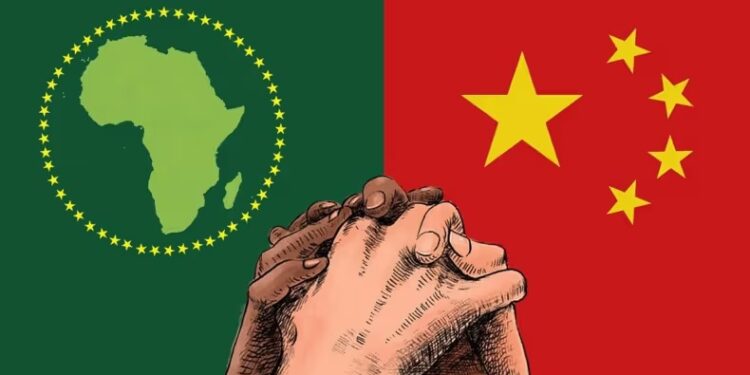5 Major Factors Driving Positive Perceptions of China in Africa
Seven in ten Africans express concern about the influence of foreign powers, with China and the US being perceived as the most influential. Interestingly, many view this influence positively, according to 2024 African Youth Survey.
The survey commissioned by the Johannesburg-based Ichikowitz Family Foundation surveyed 5,604 people between the ages of 18 and 24 in Botswana, Cameroon, Chad, the Republic of the Congo, Ivory Coast, Ethiopia, Gabon, Ghana, Kenya, Malawi, Namibia, Nigeria, Rwanda, South Africa, Tanzania and Zambia.
African youth still see China as the biggest international player in their countries, but its perceived influence is on the decline. Back in 2020, 83% of young people felt China had a strong influence, but that number dropped to 79% in 2022 and then to 76% in 2024.
This shift mirrors broader trends, like China’s slowing economic growth, the fallout from the COVID-19 pandemic, ongoing US-China trade tensions, changing patterns in China’s investments, and rising concerns about debt. All these factors are reshaping the economic and political relationship between China and African nations.
Despite the overall decline in perceived influence, positive sentiments among African youth regarding China’s impact on their countries have risen from 78% in 2022 to 82% in 2024.
Nearly all youth in Rwanda and Chad feel positively about China’s influence (both at 96%), followed closely by Kenya (95%) and Nigeria (93%).
Below are 5 major factors driving positive perceptions of China in Africa:
1) Chinese products affordability – 41%
One of the key drivers behind positive perceptions of China is the affordability of Chinese products, cited by 41% of respondents. China’s ability to produce a wide range of goods at lower prices has made everyday items accessible to many in developing countries.
From electronics to clothing and household goods, the influx of affordable Chinese products has impacted consumer markets. This affordability allows individuals and families to stretch their purchasing power.








